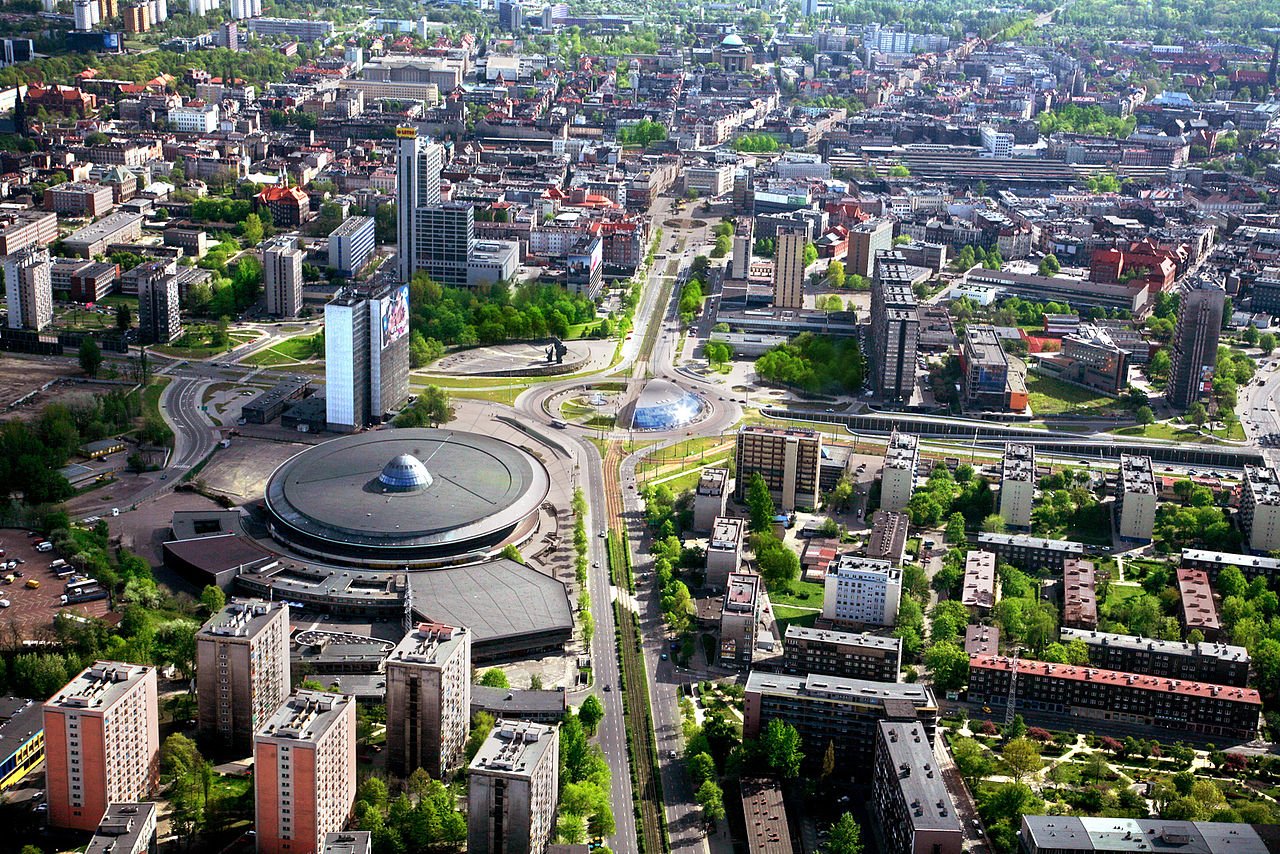Once again, the Conference of the Parties (COP) is meeting to discuss advancements in adapting to and mitigating climate change, including measures to limit the global average temperature rise to well below 2°C and pursue efforts to limit the temperature increase to 1.5°C. In spite of the different countries’ efforts, the recently published Emissions Gap Report shows that global CO2 emissions have gone up in 2017 for the first time in three years.
It’s an important opportunity to further recognise the potential of circular economy in the reduction of greenhouse gas emissions. Over-consumption and the unsustainable exploitation of natural resources increase anthropogenic greenhouse gas emissions and decrease the availability of carbon sinks and therefore reduce the possibility to sequester CO2 emissions. Additionally, our current habits and resource management contribute to biodiversity loss which makes our planet less resilient to climate change. Reducing our consumption and buying second-hand goods rather than purchasing new products saves resources and CO2 emissions. In this context, it is worth mentioning our member AERESS, which has developed a CO2 emissions calculator, able to calculate the CO2 emissions which can be avoided by buying second-hand instead of new.
The previously mentioned Emissions Gap Report states that “fiscal policies provide a key opportunity for reducing future emissions”. Amongst others, it is crucial for States to shift from taxing labour to taxing the use of natural resources and create an environment that incentivises the re-use and repair of products. Therefore, we would suggest to charge 0 % VAT on repair activities and on the sale of second-hand products by social enterprises; and generally differentiate VAT according to the waste hierarchy. Recently updated EU waste law also provides greater emphasis for governments to better promote second-hand first ahead of recycling.
The agenda for this year’s COP is promising since it starts with a day on solidarity and just transition, in order not to leave out economic and social development when addressing climate change. Circular economy has the potential to create green jobs and include people at risk of socio-economic exclusion, especially when combined with an environment that supports the development of social enterprise active in re-use, repair and recycling.
How about using COP 24 to discuss job-rich strategies for a low-carbon economy?
Picture credit © UN Climate Change Twitter


